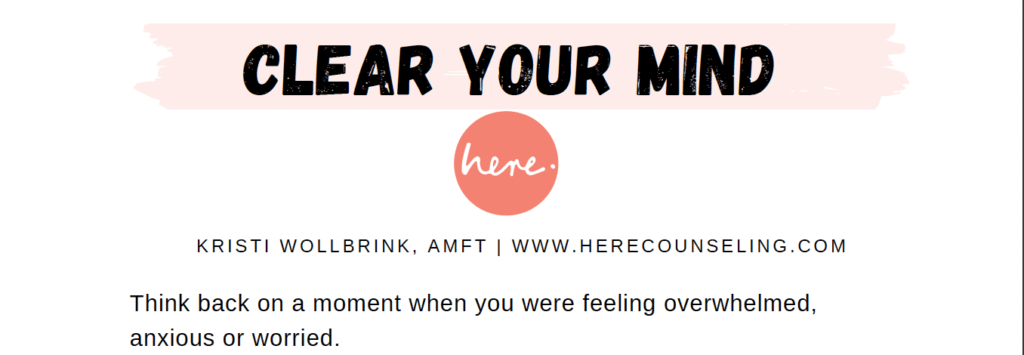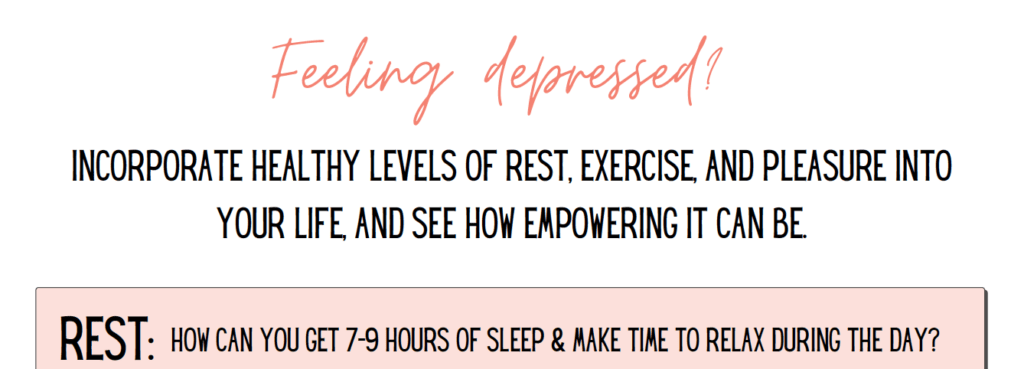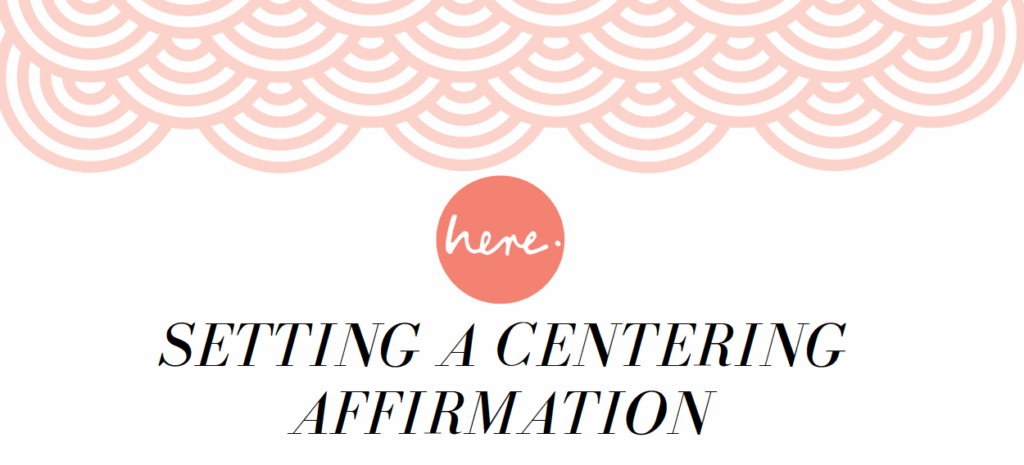Three simple steps to help you clear your mind and give you more energy.
Do you ever have one of those nights – where you find yourself tossing and turning, your mind filled with thoughts and worries, “what ifs,” and feelings of uncertainty or fear? Sometimes these same feelings and thoughts pop up throughout the day, with a sudden sense of your mind racing, your heart rate speeding up, and breathing getting shallow. Suddenly, all you can think about is what you said or how you may have messed things up, and your mind begins to consider all the possible things that could happen or go wrong. All of a sudden, that one small thing feels like it has become a massive storm with certainty that everything will go wrong.
But could you learn to take back control of these moments of worry and begin to find a place of rest for your mind and body? By practicing just a few simple steps, you can start to quiet the storm inside your mind, leading to more clarity, better sleep, and the ability to breathe a little more deeply.

Consider these three simple steps to help clear your mind and begin to rest.
- Name the fear.
It’s essential to identify what is at the root of our anxiety. Slowing down and naming what you are most worried about can help you see just what you are most fearful of happening. Maybe it’s the fear that you will lose your job or that you may lose someone you love. Whatever it is, taking a deep breath and saying what you fear will help you begin to take a step toward understanding what has you feeling overwhelmed and anxious. - State a truth.
Consider the fact that what you fear could happen, but it is essential also to consider that the facts that may support this fear becoming a reality may not be the whole truth. Often there may be some truths that challenge this fear. Maybe it was another project you worked on that proved you competent and a great asset to your workplace. Or that making one mistake does not mean that you are a complete failure. - Imagine the “best-case scenario.”
These feelings of fear and uncertainty are often based on the worst-case scenario. What would it be like to ask yourself to consider the “what ifs” for the best-case outcome? Seeing yourself as capable of overcoming or succeeding, rather than imagining only adverse outcomes, may allow you to realize that your fear is only one possibility of what could happen. In reality, there is a possibility of a positive outcome.
As you allow your mind to focus not only on the possibility of what could go wrong and consider what could go right, you may start to notice a mental shift. This shift comes as your mind begins to slow down, and you can think more clearly, sleep more soundly, and feel more energetic in your everyday life.

Clear Your Mind Worksheet
Want these questions in an easy to use free downloadable worksheet? This worksheet will help you take steps forward in dealing with anxiety. You’ll also get access to all our worksheets in Here Counseling’s Resource Library!
















